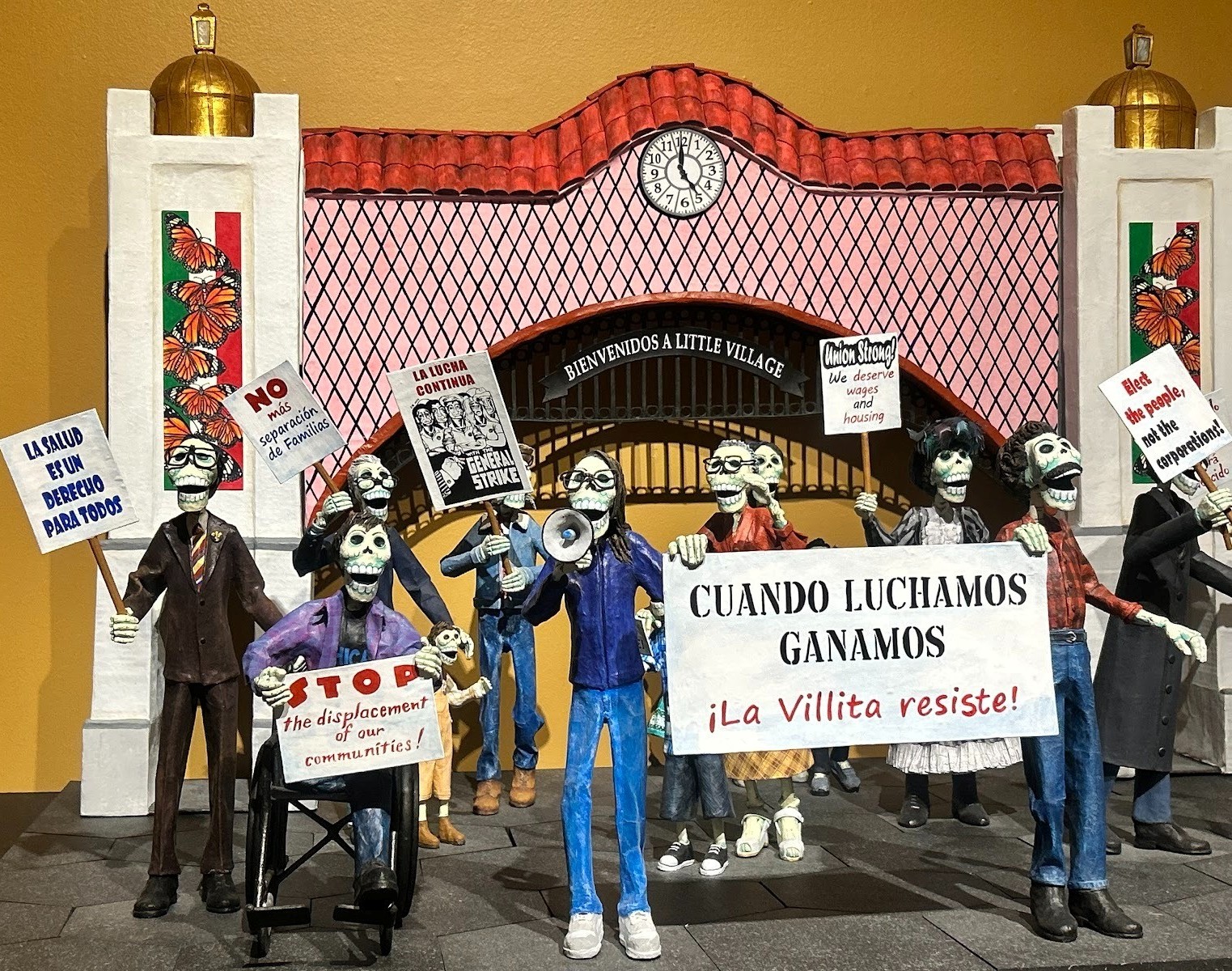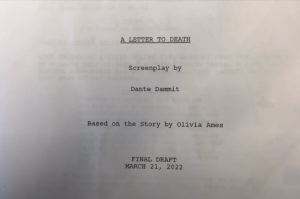Illinois is one of 12 states where it is illegal to record someone else’s conversation without their consent. The law only applies to audio recording. Drew’s friend who shot the video was not arrested.
If convicted, an offender can get up to three years in prison for recording another civilian. When it involves law enforcement, the penalty becomes stiffer. If convicted, Christopher Drew faces up to 15 years in jail.
Harvey Grossman is the president of the ACLU of Illinois. He says the law gives police too much protection.
“They don’t want to be observed. They don’t want to be recorded, they don’t want a citizen having the upper hand by having a recording,” Grossman said. “It’s he said, he said in most of these instances, but a tape recording changes the chemistry.”
The ACLU unsuccessfully sued the State’s Attorney‘s office to allow eavesdropping of police officers while they’re on duty. The case is now before a court of appeals.
“We believe, as much as the press asserts, that there’s a right to collect information, gather information,” Grossman said. “We’re free to photograph police officers and civilians in their actions, free to listen and take notes. The only thing we can’t do is record them with an audio device.”
via Eavesdropping Law | Chicago Tonight | WTTW.







Be First to Comment